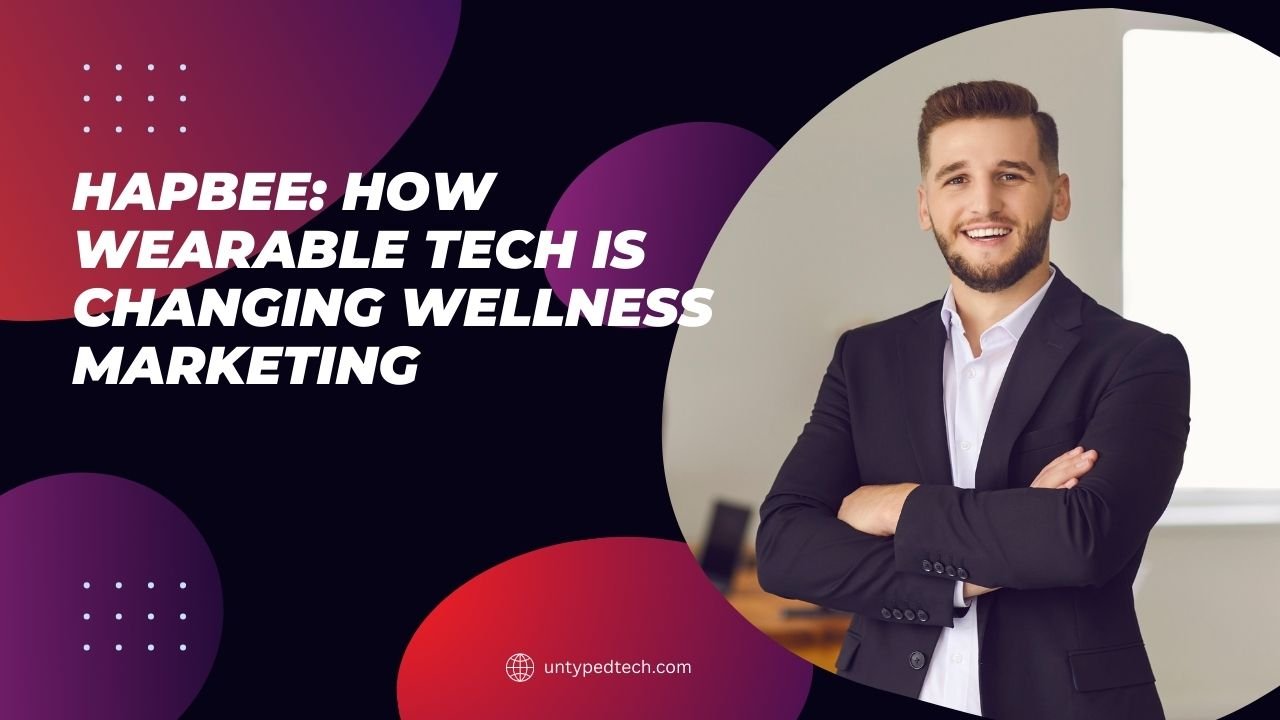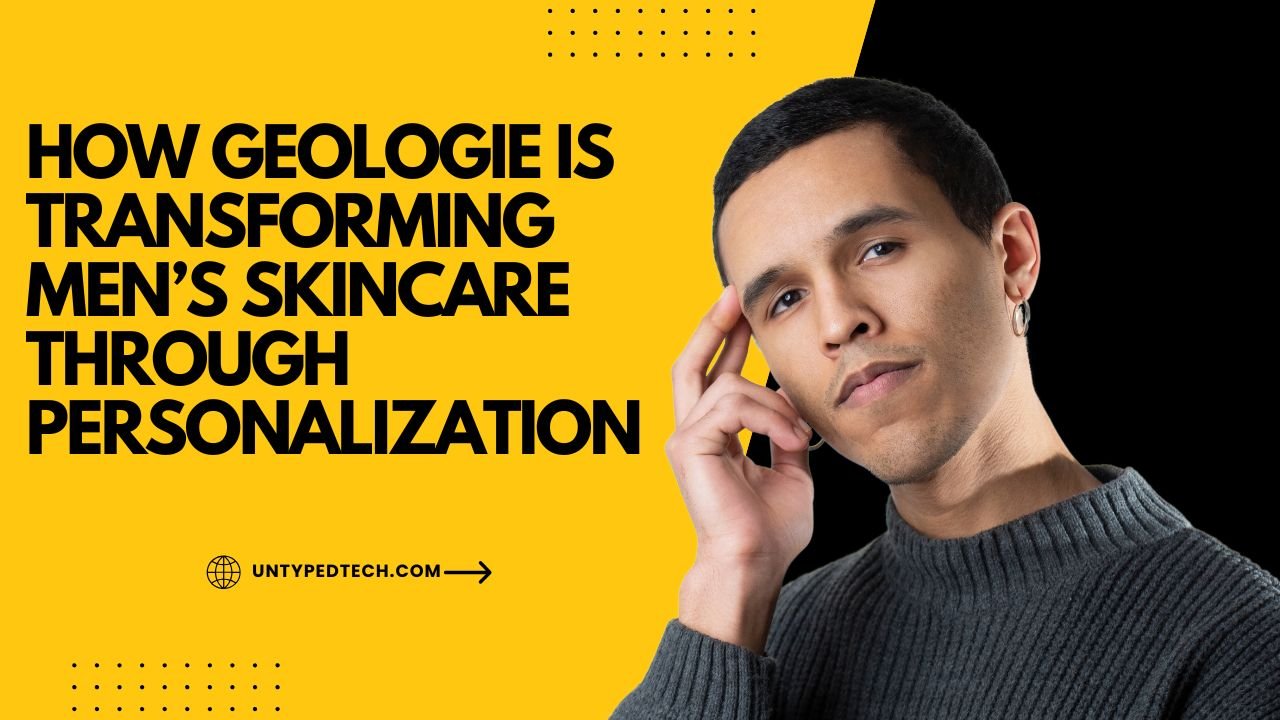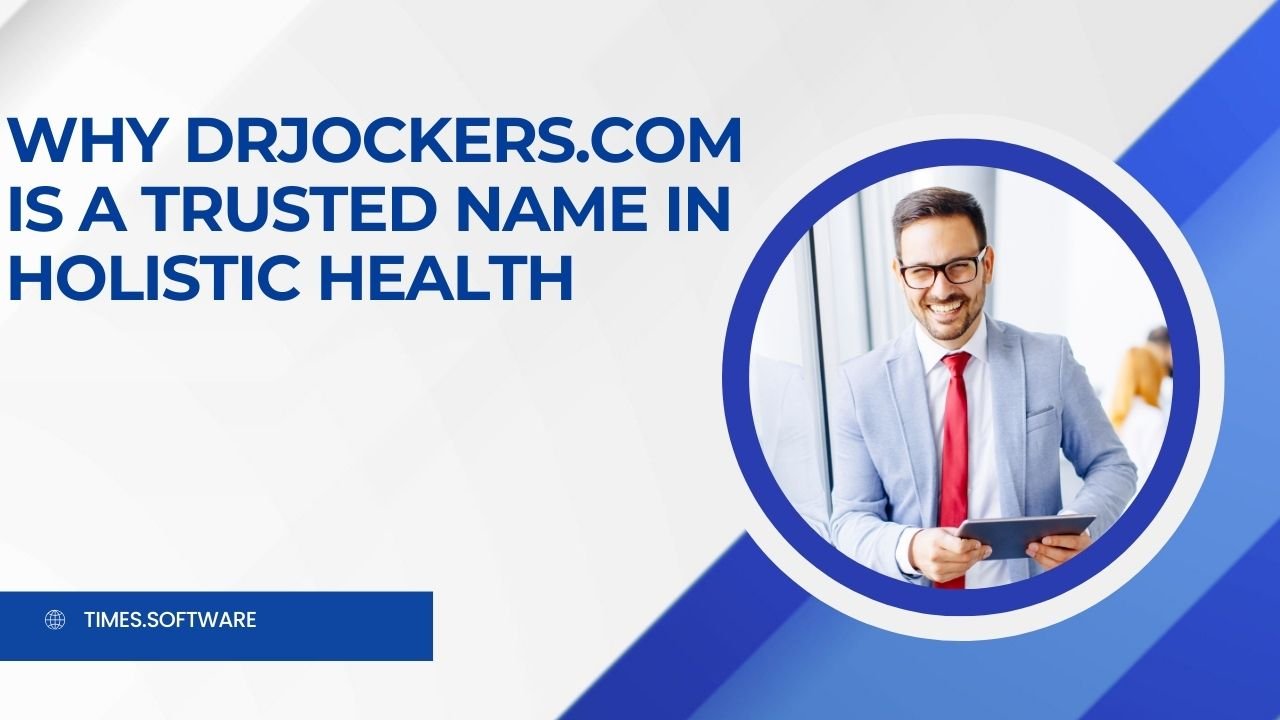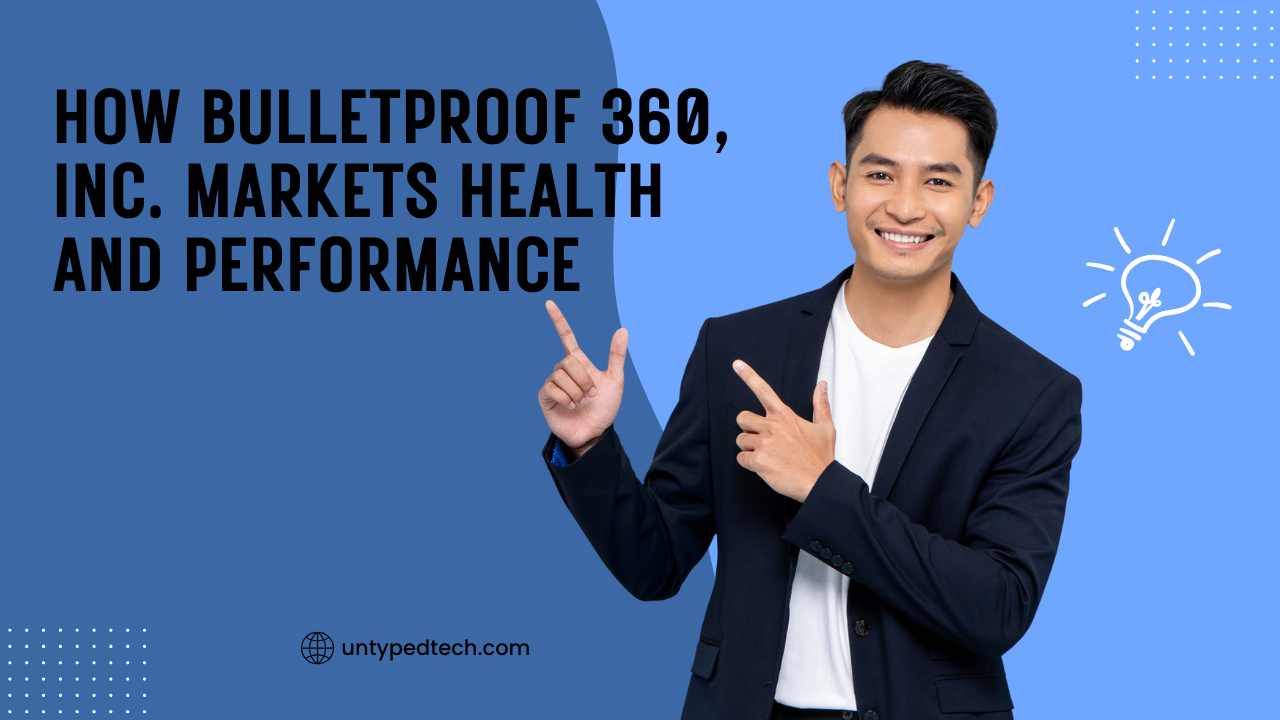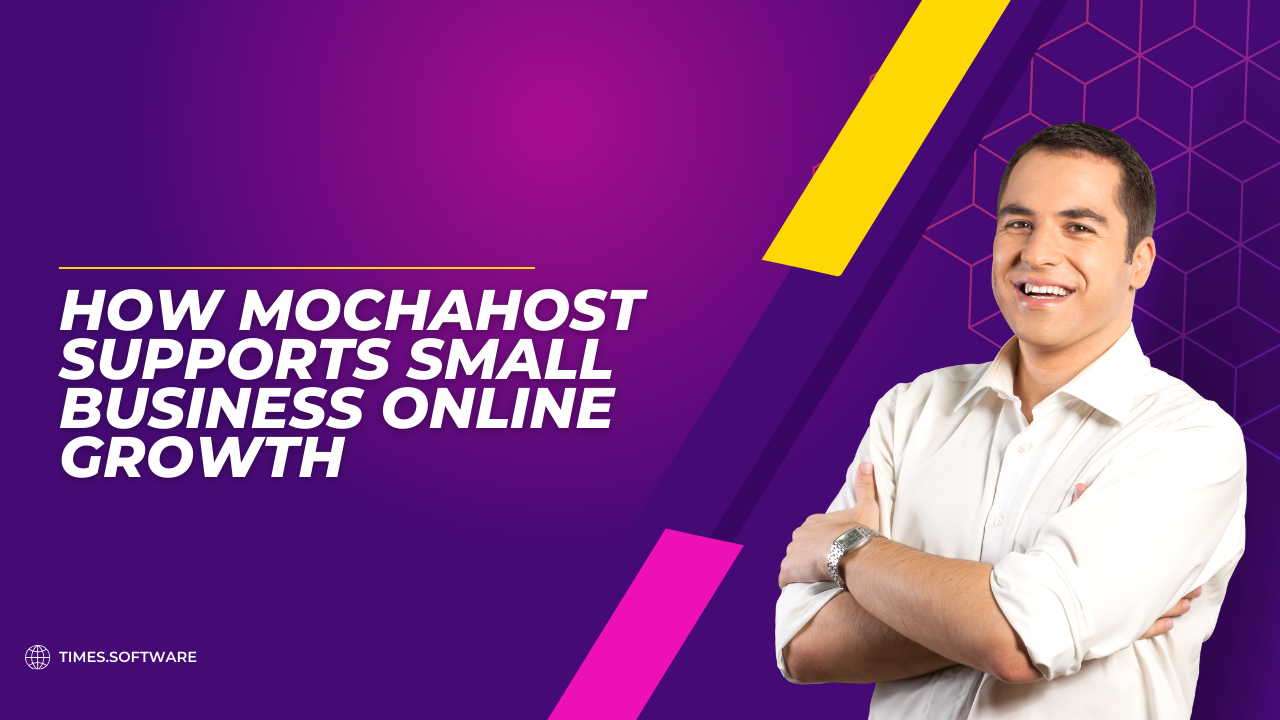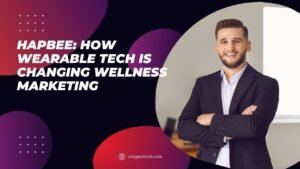Explore how FlixBus US boosted its online bookings and brand visibility through our expert digital agency services. This blog post reveals the customized marketing strategies, performance-driven ad campaigns, and data-backed decisions that helped FlixBus US thrive in the competitive travel market. Whether you’re a transportation brand or a growing startup, discover actionable insights into how strategic digital efforts can deliver measurable success and long-term growth.
Table of Contents
ToggleIntroduction
FlixBus US, a major disruptor in intercity travel, wasn’t always the household name it is today. While their eco-friendly, affordable routes were already popular in Europe, the US market brought a new set of challenges. That’s where our digital agency stepped in—transforming their bookings from stagnant to skyrocketing.
Who is FlixBus US?
The American division of FlixMobility, FlixBus US, provides tech-first long-distance bus services. Their mission? Make travel accessible, economical, and environmentally friendly.
Why Digital Transformation Was Necessary
The U.S. travel market is saturated with legacy brands and ride-sharing disruptors. FlixBus needed a digital edge to break through the noise, acquire new users, and improve ROI across marketing channels.
Challenges Faced by FlixBus US
Low Brand Visibility in a Competitive Market
Unlike in Europe, U.S. travelers weren’t familiar with FlixBus. Organic reach and trust metrics were negatively impacted by the unfamiliarity.
Inefficient Ad Spend
FlixBus was running campaigns, but cost-per-acquisition was through the roof. Without refined targeting, budget was leaking fast.
Fragmented Digital Presence
Multiple campaigns, different tools, inconsistent messaging—it was digital chaos. The time had come for a central, unified plan.
Strategy Session – Setting the Stage
Discovery & Audit Phase
We started with a deep-dive audit into FlixBus US’s existing assets—ads, website, SEO, email flows, everything. This let us find cracks in the foundation.
Identifying Key Growth Areas
We focused on lost chances by using customer journey mapping to identify remarketing gaps, exit-intent behavior, and route-based search traffic.
Setting Performance Benchmarks
Without clear KPIs, it’s hard to win. We established baseline metrics for CTR, ROAS, cost-per-booking, and bounce rate.
Branding That Resonates
Creating a Localized Yet Scalable Identity
We retained the recognizable FlixBus brand but tailored it to American preferences—brighter creatives, US English copy, and cultural relevancy.
Messaging for Millennials and Gen Z
FlixBus‘s main users are young travelers. We built campaigns with humor, emojis, and meme-culture that spoke directly to them.
Paid Advertising Overhaul
Google Ads – Targeting by Routes & Regions
Instead of general ads, we focused on popular intercity routes like LA to Vegas or NYC to DC. This drastically improved relevance.
Meta Ads – Storytelling with Visuals
We introduced carousel ads, video testimonials, and seasonal promos that resonated emotionally and visually.
Retargeting Travelers with High Intent
Cart abandoners? Browsers with multiple visits? We built retargeting funnels that nudged them back at just the right time.
SEO for Local and National Reach
On-Page Optimization for Route-Specific Pages
We used catchy meta titles and call-to-actions to optimize each route page for keywords like “cheap bus LA to Vegas.”
Building Authority Through Link Acquisition
We pitched guest blogs, got featured in travel guides, and built links from authority sites in the travel niche.
Structured Data and Schema Implementation
Adding schema improved click-through rates and helped Google index our pages better—especially for FAQs and reviews.
Conversion Rate Optimization
A/B Testing Booking Flows
We tested everything: CTA color, placement, even seat map visibility. Small changes led to huge gains.
Improving Mobile UX
A fast, intuitive mobile experience was key since 70% of bookings came via smartphones.
Speed and Usability Enhancements
Lazy loading, optimized images, and better code structure made the site lightning fast.
Email & CRM Campaigns
Engaging Lapsed Users
Reactivation emails with “We miss you!” People were drawn back in by discounts and subject lines.
Personalized Promo Campaigns
Users who traveled between specific cities received tailored promos relevant to their habits.
Loyalty-Focused Reactivation
Points systems and “surprise gifts” brought back repeat users while making them feel valued.
Data-Driven Decision Making
Using Dashboards to Monitor Growth
Custom dashboards helped us monitor performance in real time—no guesswork, only clarity.
Weekly Optimization Sprints
Every week, we tweaked ads, updated SEO elements, and ran new tests based on data insights.
Real-Time Customer Feedback Loops
Using in-app surveys and review scraping, we adjusted messaging based on real user sentiment.
Results That Moved the Needle
Booking Rate Growth
Bookings increased by 68% within six months of engagement.
ROAS Increase
Ad return on spend more than doubled with smart targeting and retargeting.
Organic Traffic Spike
Route pages saw a 4x growth in organic visits, thanks to long-tail SEO.
Key Takeaways for Other Travel Brands
- Focus on route-based content and targeting
- Build emotional and visual stories for paid ads
- Prioritize mobile experience above all
- Use real-time feedback to iterate quickly
What’s Next for FlixBus US?
FlixBus isn’t stopping. The next phase includes international expansion, deeper personalization using AI, and building a community-driven brand presence.
Conclusion
FlixBus US’s journey proves one thing: smart digital strategy + consistent execution = unstoppable growth. With the right partners, even a new player in a tough market can become a category leader.
Also Read :
- Looking for more insights? Don’t miss out on our related post, where we dive deeper into How Outschool (US) Scaled With Our Digital Agency Service Discover more tips, ideas, and solutions to enhance your experience.
- Looking for more insights? Don’t miss out on our related post, where we dive deeper into How Xara Benefits from Premium Agency Services Discover more tips, ideas, and solutions to enhance your experience.
- Looking for more insights? Don’t miss out on our related post, where we dive deeper into How Our Agency Services Helped Exotic India Expand Globally Discover more tips, ideas, and solutions to enhance your experience.
- Looking for more insights? Don’t miss out on our related post, where we dive deeper into The Secret Behind Nacach Wax’s Digital Success with Smart Agency Strategies Discover more tips, ideas, and solutions to enhance your experience.
- Looking for more insights? Don’t miss out on our related post, where we dive deeper into How iRESTORE Leveraged Our Agency Services for Explosive Growth. Discover more tips, ideas, and solutions to enhance your experience.
- Looking for more insights? Don’t miss out on our related post, where we dive deeper into The Secret to Succulents Box’s Online Growth? Expert Agency Services Discover more tips, ideas, and solutions to enhance your experience.
Frequently Asked Question
Which digital tactics did FlixBus US find most effective?
Targeted paid ads by route, SEO for city-specific searches, and mobile-first conversion optimization.
How long did it take to see results?
Initial results were visible within 60 days, with peak performance around the 6-month mark.
Can these strategies be used by small travel startups?
Absolutely. The approach is scalable and works even with limited budgets when focused right.
Was SEO or paid ads more effective?
Both played vital roles. While SEO produced long-term traffic and conversions, paid advertisements produced immediate gains.
What made FlixBus’s campaign unique?
Hyper-localized strategy, data-driven testing, and an emotionally engaging brand tone made it stand out.



